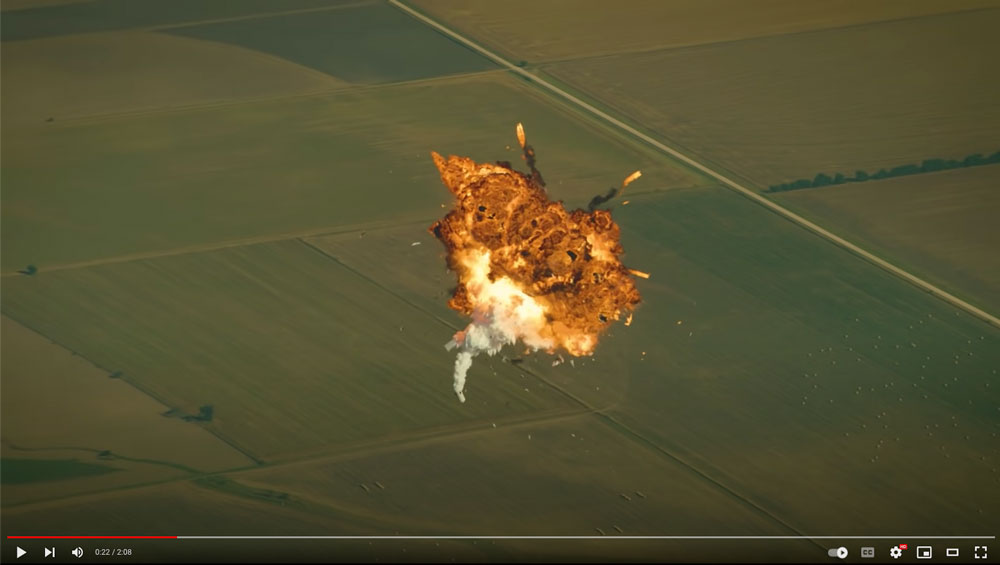
The Telemetry Systems Engineering organization at Sandia’s California site has introduced a series of seminars highlighting how to overcome failure and embrace lessons learned.
The series, “Fabulous failures and the wonderful successes that followed,” includes presentations from individuals in the organization about the technical and professional failures they have encountered over their careers and what those setbacks taught them about their products, relationships, teaming and more.
The goal of the quarterly seminar series is to foster a culture where people understand that at the end of the day what matters isn’t the interim setbacks, it’s the perseverance, learning and commitment to making the final product better, said Jennifer Clark, senior manager of Telemetry Systems Engineering.
“If we are more open about the challenges we are facing, the easier it will be to resolve them, learn from them and move on to the next iteration where we can make things better,” she said. “That is the main intent of this series.”
Everyone makes mistakes, Jennifer said, emphasizing that it is important not to blame or make others feel ashamed for these errors, but to create an environment where everyone feels comfortable bringing mistakes out into the open so the person can draw on the team’s, and Sandia’s, collective expertise to solve them.
“We can’t just give up in the face of setback,” Jennifer said. “We also don’t want people to repeat the same mistakes over and over. We must learn from our mistakes, or we won’t succeed as a team. Eventually, if you stick with it, failures can lead to strong personal growth and team success.”
Jennifer added she hopes problems can be discovered and worked through during earlier stages of development when the stakes are lower.
“If we’re not willing to investigate the little failures upfront, they might become bigger failures later,” she said. “It is so much easier to spend a little more time bringing a problem to the light and fixing it in the first place, instead of brushing it off or being too embarrassed to raise the concern.”
Sharing personal experiences from his career, mechanical engineer Ryan Layton presented the first talk of the series last fall. Ryan spoke of a trusted mentor who taught him a valuable lesson.
“He taught me that at the end of the day, nobody remembers that a particular issue was your fault, but they absolutely do remember if you and your team worked hard to fully explain and correct the issue after it appeared,” Ryan said.
“Digging into failures, even the ones that were the result of my own initial oversights and learning from that process have been the most engaging times of my career at Sandia,” he said. “We talk a lot about lessons learned, but I think those are really lessons earned.”
A key theme of the talks has been Sandia’s culture of creative problem-solving.
“Sandians look for opportunities to solve hard problems,” Jennifer said. “Bringing in others to help you think about a problem is key to driving innovation.”
The next session in the series will be held in March. Details for the speaker and topic are still being finalized.